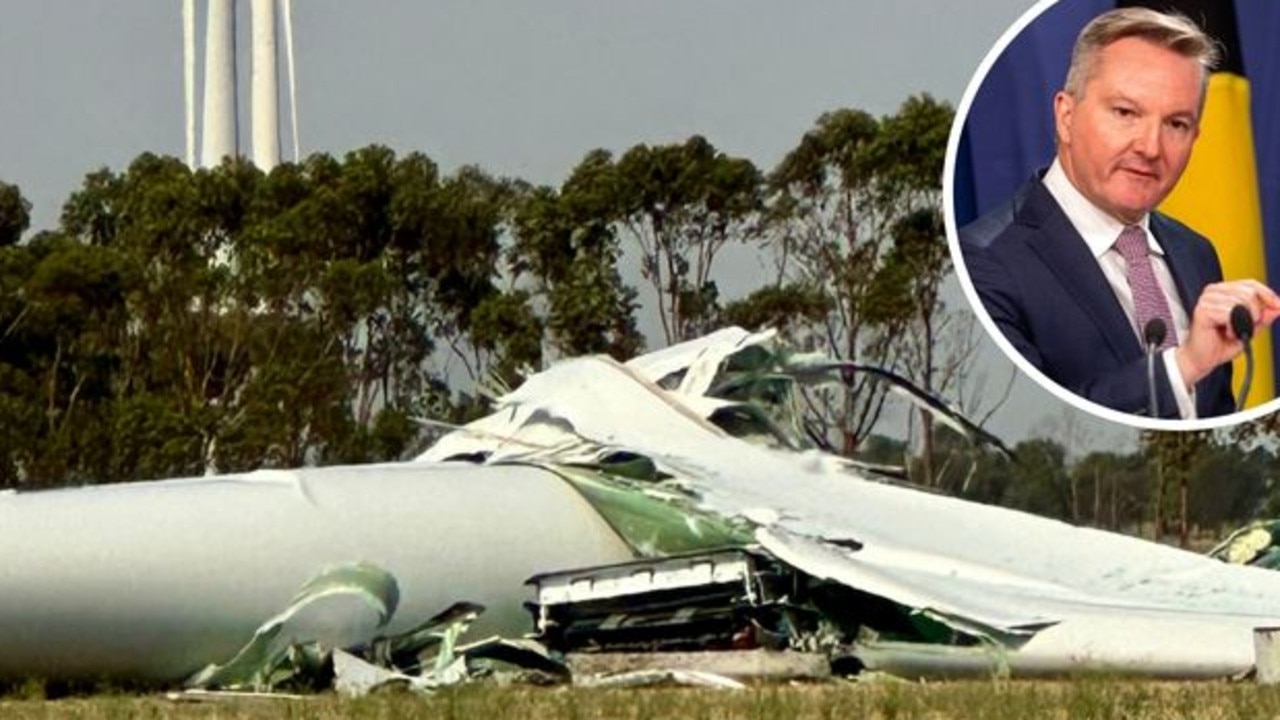Editorial: Time for a royal commission into hidden epidemic of military suicides
Last year, 49 veterans took their own lives — almost one every week. It’s time the Prime Minister called a royal commission into this hidden epidemic.

“There is so much that could have been done that wasn’t.” These are the haunting, heartbreaking words of Julie-Ann Finney, whose son Dave — a Navy hero who once saved a man from drowning — took his life by his own hand after two decades of service which saw him confront countless harrowing situations including dead bodies and families with children lost and missing to people smuggling operations.
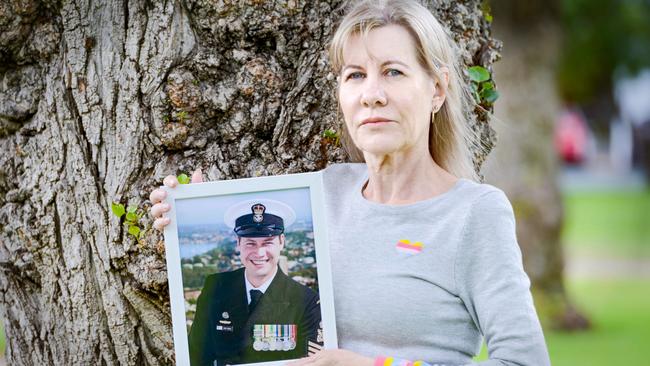
As a result of these experiences, Finney was given a medical discharge for PTSD but, according to his mother, when he asked for help last October, he was told there were no Defence psychiatrists available to be seen until April or May of this year.
Finney died on February 1.
Sadly, Dave Finney’s case is not unique.
MORE EDITORIALS
Police raids increase journalists’ resolve
Let’s hope light rail can be a success
His is one of hundreds of Defence Force veteran suicides that have occurred in recent years and which have been, in his mother’s words, “swept under the carpet” by the bureaucracy.
The facts are grim and confronting, and should shame us as a nation.
The horrifying fact is that Australian male veterans under the age of 30 are taking their lives at a rate double that of other Australian men their age.
At least eight veterans have taken their own lives since Anzac Day, and there were 49 such deaths last year.
It’s a brutal statistic that equates to a soldier losing his life nearly every week — not on a foreign battlefield under enemy fire, but in our own suburbs, by their own hand, due to a system that is leaving vets broken from post-traumatic stress disorder and unable to get the help they need — and that Australia owes them.
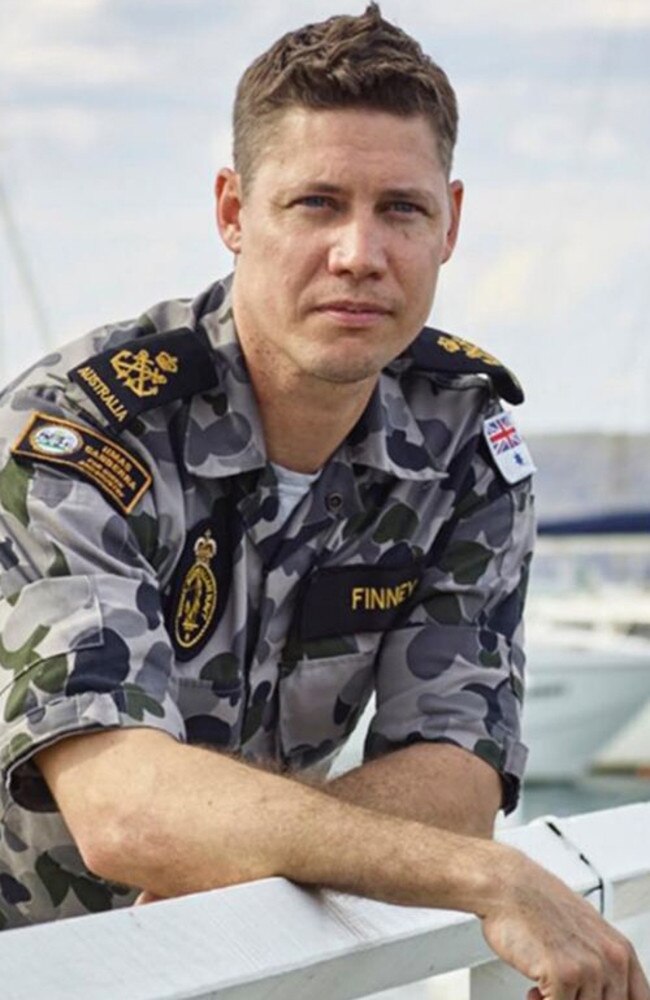
This is a national disgrace, and one that requires urgent action. The Daily Telegraph joins with Julie-Ann Finney and countless other veterans and family members in urging the Morrison government to call a national royal commission into this hidden epidemic of military suicides. Some 182,000 Australians have signed a petition calling for such a national inquiry, outraged by the lack of action.
Ms Finney is right to ask: “How many more do we need before we stop saying — it’s not working. It’s a national disgrace.”
We couldn’t agree more, and hope that the Prime Minister makes doing something about this problem once and for all his first priority when he returns from Europe.
NO PALL OVER THESE MALLS
For bricks and mortar retailers struggling to find a point of difference and a reason to get people off the web and into the shops, the solution is simple. Just add a roller coaster. And maybe an aquarium. A fancy restaurant or three wouldn’t go astray either.
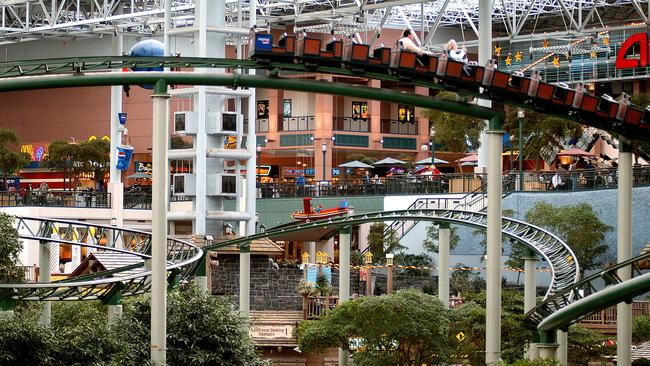
It’s a strategy that’s worked in the US where shopping centres like the Mall of America attract more than 40 million visitors a year. Now such mega malls could be coming to a suburb near you, with $3.4 billion in investment in new centres just the tip of the iceberg.
IT’S REALLY JUST A GAME
There are many reasons to get kids into sport: physical fitness, learning how to work in a team, but perhaps the most important skill young people pick up — or, rather, should pick up — on the playing field is the ideal of sportsmanship.
That is to say, being able to win and lose with grace and good manners.
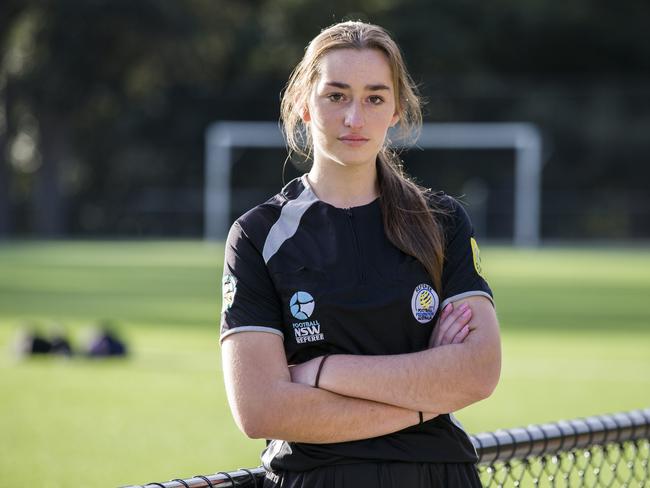
Sadly, the very people who should be setting an example for youth in this regard are all too often letting them down.
As The Daily Telegraph reports today, more football associations have decided to speak out about the “thugs, louts and troublemakers” who have caused all manner of mayhem at kids’ soccer games — sometimes even requiring the police to be called.
The chiefs of these community sporting bodies are to be commended for raising the issue of bad actors who abuse refs, deploy racial taunts, and sometimes get physical. Because as they point out, young players see this sort of behaviour and decide that it is OK, when it is anything but. Kids’ sport should be about fun, mates, and learning valuable lessons about sportsmanship.

